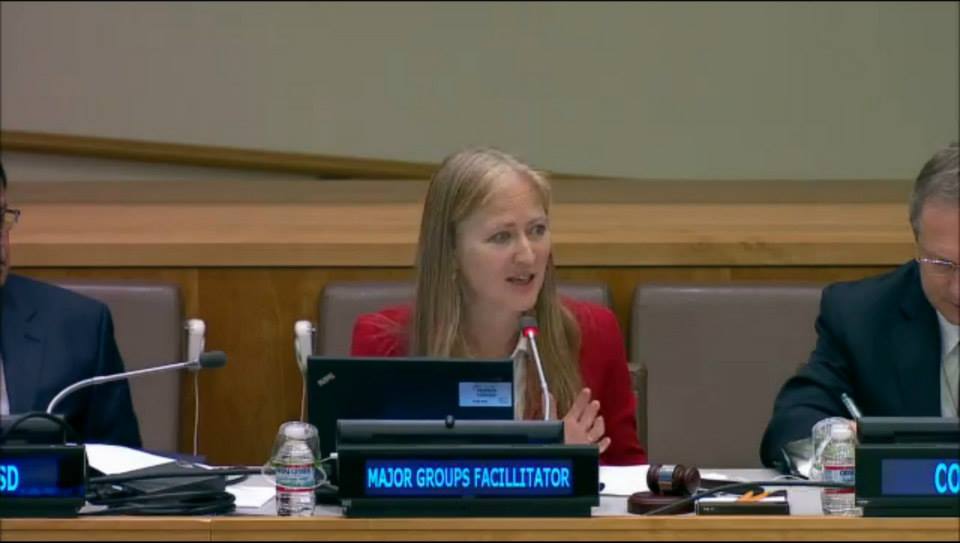
Sascha Gabizon
COP 21 has opened in a difficult “climate.” After the attacks in Paris, a state of emergency has been declared. With that came the cancelation of all climate demonstrations organized by civil society. Nonetheless, a human-chain was organized gathering 10000 people; creative ways of demonstrating took place, thousands of shoes paved Republic Square to symbolize the march for the climate.
However, the abuses of the state of emergency are now being made visible and denounced, as 24 eco pacifist militants, some not even located in Paris, have been placed under a sort of house arrest during COP 21, marking the widening denial of democratic rights.
Climate change means the global elimination of people not only in Syria or Afghanistan but also generally in the global South. The COP negotiations work within the neoliberal market, shaping the climate paradigm as exchange value of the temperature degrees instead of taking into consideration the harshening condition of human lives, again ranked by gender, race and class.
In this context the task of Sascha Gabizon, one of the co-facilitators of the Women Gender Constituency, a large coalition of feminists and women’s movements, is going to be arduous.
Climate disasters target women. As Sascha recalled, in the 1991 floods in Bangladesh 90% of the casualties were women. As climate disasters occur regularly, as in the Philippines, they impact in majority women, mainly because of gendered distribution of labor and roles.
As a result, we see all kinds of radicalization against women with the widespread expansion of brutal practices against women, in their home, in their everyday life, in prisons and jails, as well as the erosion of women’s rights especially sexual and reproductive rights in an increasing number of countries.
Sascha insists: “We need to include, in the first article of the COP 21 agreement, the language of gender equality, of equality in terms of human rights as defined in the United Nations charter including the rights of indigenous populations. Moreover, she remarks that in the current negotiations, this language is shockingly deemed unnecessary even by countries such as Norway.”
By the same token, she underlines the impossibility of women’s groups even the largest to use the financial system for the climate as currently defined for any of their projects simply because it requires a 10 million Euros investment, an amount of money impossible to collect for these organizations. Additionally, locking up countries in the current public debt system has dire impacts on any initiatives, local or state especially in emerging countries.
Finally, the reality of the increase of temperature means the elimination of lands and therefore populations. While we are justly appalled by the deaths from blind attacks in the streets of Beirut, Tunis or Paris, our eyes turn away from the surviving struggles of the populations of the South who have not produced this climate disaster.
Listen to Sascha Gabizon
and a longer interview, in French, is available here.
(Photo Credit: UN Women / Fabricio Barreto)